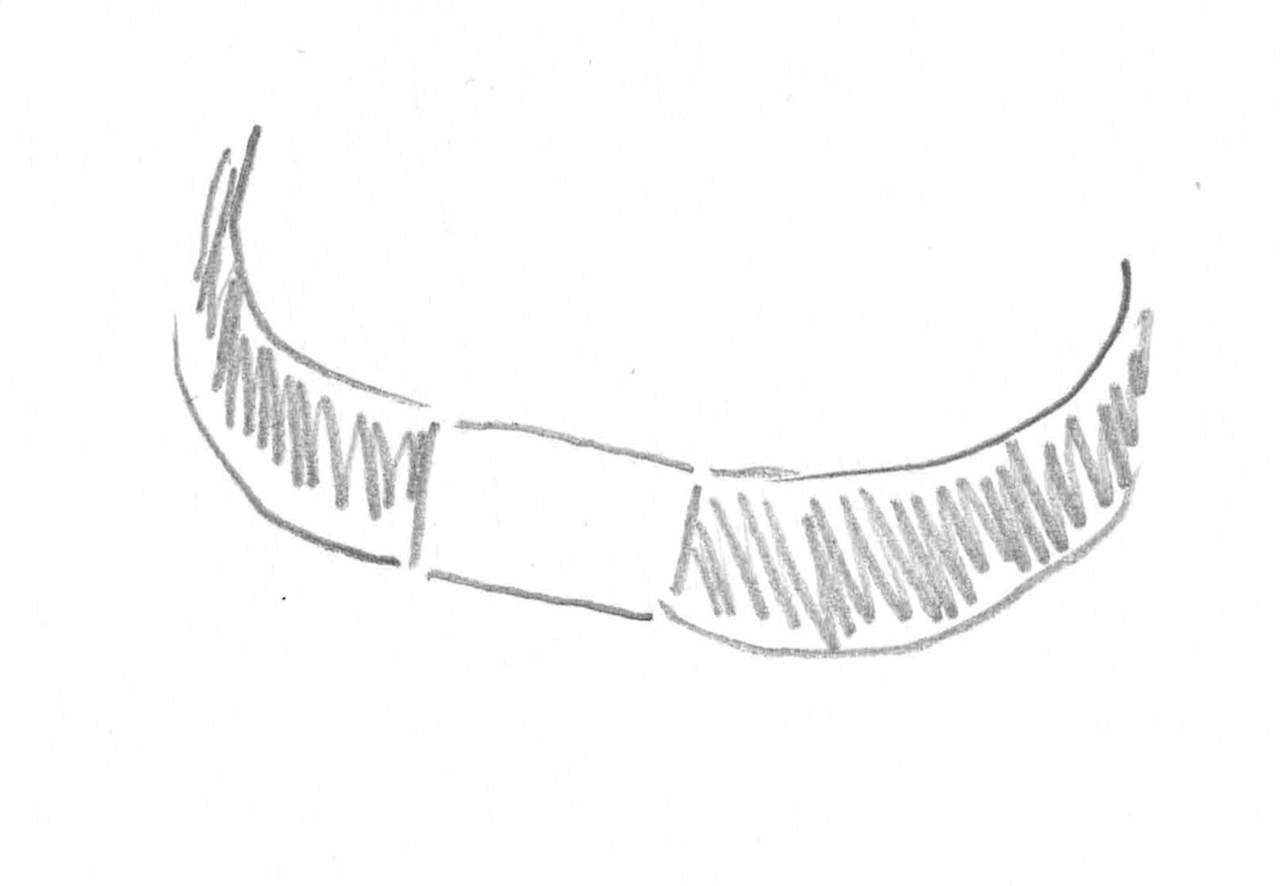 I’ve said already I’m thinking about Alfred Hitchcock, and about Dimitri Tiomkin, so this post probably won’t come as much of a surprise. When I had covid a little while ago my viewing time was somewhat elongated, and I revisited one or two old favourites.
I’ve said already I’m thinking about Alfred Hitchcock, and about Dimitri Tiomkin, so this post probably won’t come as much of a surprise. When I had covid a little while ago my viewing time was somewhat elongated, and I revisited one or two old favourites.
The question of ‘Hitchcock’s greatest picture’ has been itself revisited again and again, and generally opinion goes with one of the later films like Vertigo or Rear Window or The Birds or Psycho, and yes, they’re all great.
But I am going to put my vote in for I Confess. These days, the Roman Catholic Church’s fidelity to the idea of confessional confidence is regularly under attack, and obviously I understand why. People should not be permitted to get away with shit like child abuse merely because they let their confessor in on the secret; such things should be publicly mandated for prosecution because, well, lives are at stake.
In the 1950s however things were very different, and when Otto Keller told his friend, Abbe Michael Logan, that he had killed the lawyer Mr Villette, the news could go no further. Fr Logan observed the vows to which he had been ordained, and didn’t let on.
I know Hitchcock himself was a Roman Catholic, so the liturgical elements in the film are spot-on. Fr Logan genuflects before the altar, presumably because there is a reserved sacrament, the priests all address each other charmingly as ‘Father’ and cross themselves twice before eating. The last rites are recited in Latin – it’s all superbly placed.
It’s not just either because Montgomery Clift and Anne Baxter are so damn’ drop-dead gorgeous, either. (Although they are.) Karl Malden (if you’re as old as I am you know him from 1980s American Express advertisements) is superb as the detective determined to get to the bottom of the case, and Roger Dann as Mme Grandfort’s long-suffering husband puts in a stellar performance of patience and gravity that is entirely appropriate.
My affection for this film goes with its seriousness, its lack of compromise, and the perfection of its characterisation. The running gag about Fr Benoit’s bicycle is light relief of a most imaginary kind, and the relationship between Otto and Alma Keller is portrayed with extraordinary sensitivity. (Sometimes you begin by thinking an actor isn’t all that flash, and then you watch them a bit and change your mind. I used to hate Keanu Reeves in Much ado about nothing but I’ve come now really to like him. Dolly Haas was the same for me as Alma; initially I thought she was wooden and looked totally uncomfortable, but I have come to register her affection for Otto as a very real thing.)
Hitchcock’s work is so vast and his imagination so broad – remember how in Rear Window Miss Lonelyhearts is consoled by music? – it’s very difficult to come down to a single best picture. I think I’ve seen all of them, and there are gems everywhere, but I Confess seems to me something so out of the ordinary, so unexpected, that I’m putting it out there that I think it is the director’s very best work.
Discuss.
24.v.2024